When French born and raised poet Paul Malgrati travelled to Scotland for the first time in 2013 for his Erasmus year at St Andrews University, his pre-existing knowledge of Ecosse was something of a romantic one.
Entranced by the mist, the mountains, the sea and the ruins of St Andrews castle and cathedral, he developed friendships, met his now partner Julia from Dundee and discovered Scottish literature and politics during an “intense yet interesting year” that coincided with the 2014 Scottish independence referendum.
He returned to France to do his Masters in French history.
However, having loved Scotland so much – and now with a Scottish girlfriend – he decided to return to St Andrews University to do his PhD on Robert Burns and his Scottish political legacy.
Focussing on how “every political party has tried to hijack and use Burns for their own purpose”, he had to become a “bit more clued up” on Scottish literature and Scots poetry.
He started to learn the Scots language through a combination of reading and being “immersed” in the language while living at his girlfriend’s parents’ house in Dundee for 18 months.
Several years later, and he’s now published his debut poetry collection Poemes Ecossais.
What are the Scots poems about?
These poems are an exploration of Franco-Scottish links, blending romance and history as well as the Scots and French language.
Published by the Edinburgh-based Blue Diode Press, it is, as far as he’s aware, the first book in Scots by somebody whose native tongue is neither Scottish nor English.
Most of the book was written in Dundee, when he was immersed in the Dundee poetry scene.
In fact, the longest poem in the book is an experimental depiction of the 17th century Siege of Dundee.
Entitled Siege o’ Dundee, circa 1651, it references Dundee city centre “worthie” and musician Fast Eddie.
“There could be a nuclear bomb over Dundee and Fast Eddie could still be there!” laughs Paul, 29, who now lives in Glasgow.
“It was probably Julia’s dad who told me at some point about the horrible siege of Dundee when at least one third or half of the city’s population was slaughtered.
“Dundee’s architecture has changed so much you can’t really relate to the city that it was in the 17th century.
“But just to know that history, I had to do something poetic with it.
“Just walking about and sitting in the Howff and the first few lines came.
“For a few days, I roamed about the city centre and tried to imagine where and how the battle would look in contemporary Dundee.
“General Monck and the English protestants coming over and destroying the royalist pro-Stuart city of Dundee.
“Fast Eddie is there as well. So I’m trying to bring those two worlds together.
“But with the war in Ukraine, it’s a reminder of what it means to have a city completely wrecked and a reminder that something similar also happened in Dundee some 360 years ago.”
Learning about the ‘Auld Alliance’
Before arriving in Scotland, Paul wasn’t too familiar with the Auld Alliance between Scotland and France.
As rugby player in his teens, he knew the French rugby culture thing that “Scotland and Ireland – as the enemies of your enemy (England) – are your friends”.
His first encounter with Scots culture was learning about kilted Scots soldiers playing the pipes in the British Army at the Battle of Waterloo.
He was intrigued to discover soon after arriving in Scotland that the “man on the street was clued up” about the Auld Alliance. This inspired him to learn more.
He is shocked, however, that “people often deny Scots language is a thing”.
Importance of Scots
He says it’s a “funny but sad paradox” that people will sometimes tell him this in a Scots brogue. A bit like “dinnae be daft – naebody speaks Scots!”
For him, coming from the outside and learning Scots was a “no brainer”.
His spoken English has developed in parallel with his spoken Scots. He now speaks with a clear Scots accent which taxi drivers often think is from the ‘Highlands’.
With English and Scots “cousins” of each other in Anglo-Saxon language terms, he doesn’t think there should be a hierarchy between the two as they both have their history.
However, he loves the beauty and diversity of rare words like “dreich” that say more than any other word can, and should be celebrated.
A Poemes Ecossais launch event took place on July 23 at the Steps Theatre, Dundee Central Library.
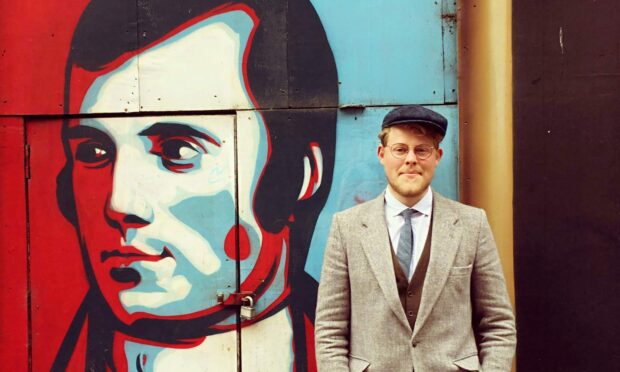
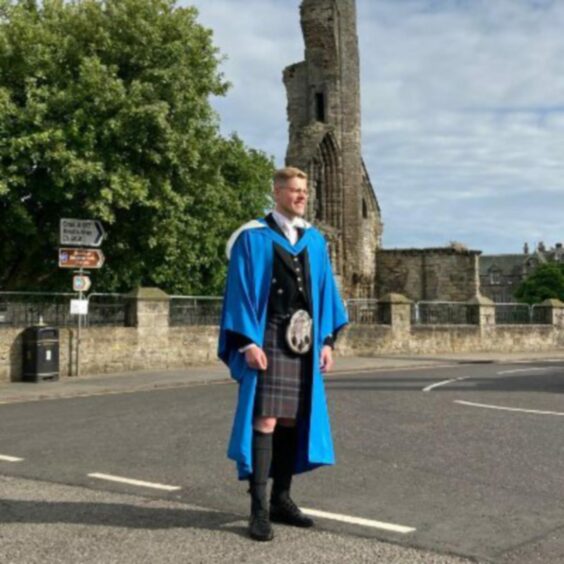
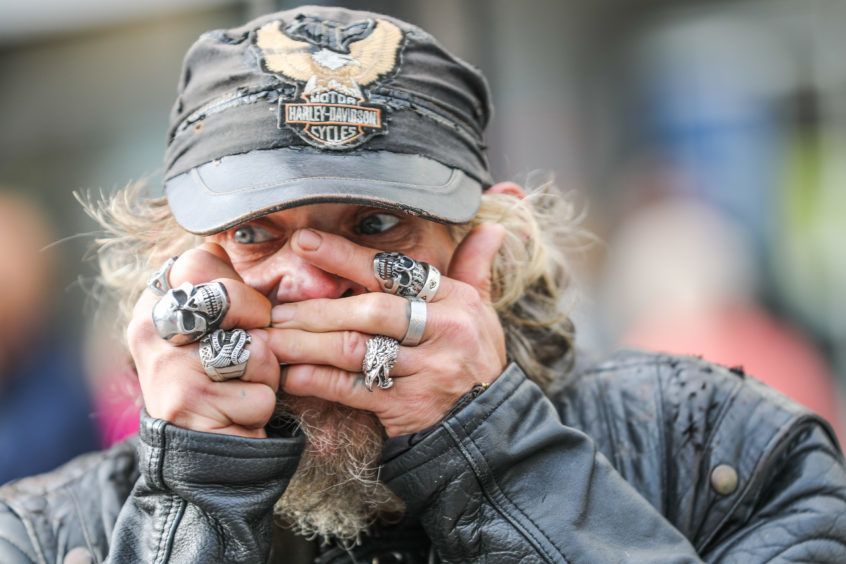
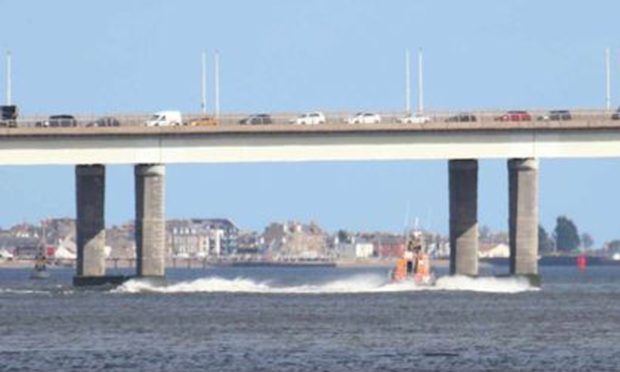
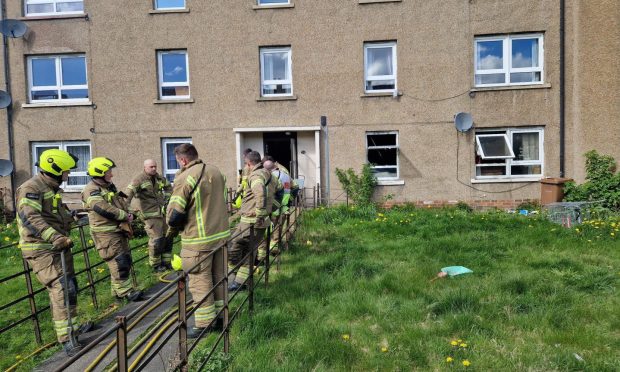
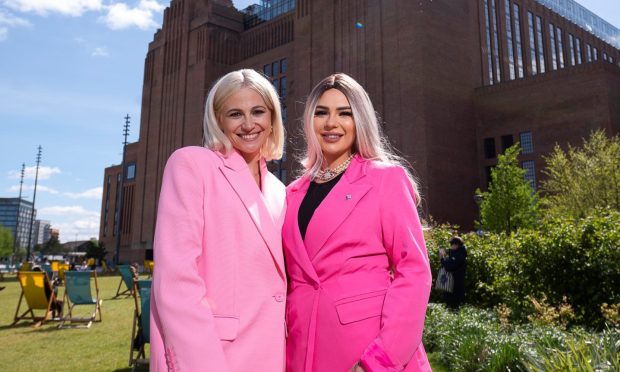
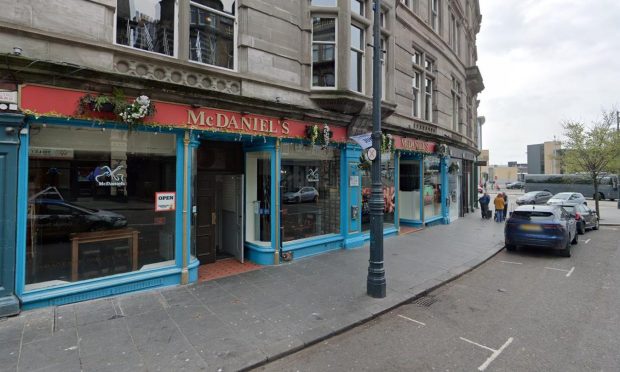
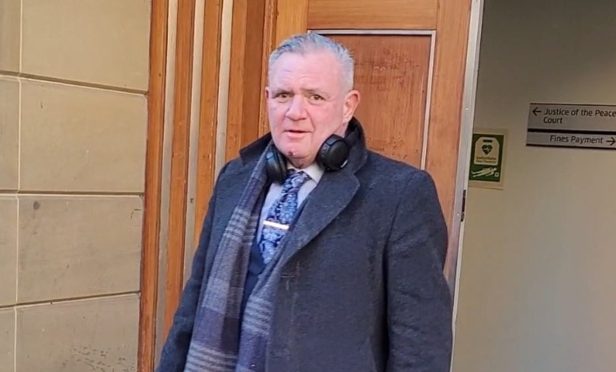
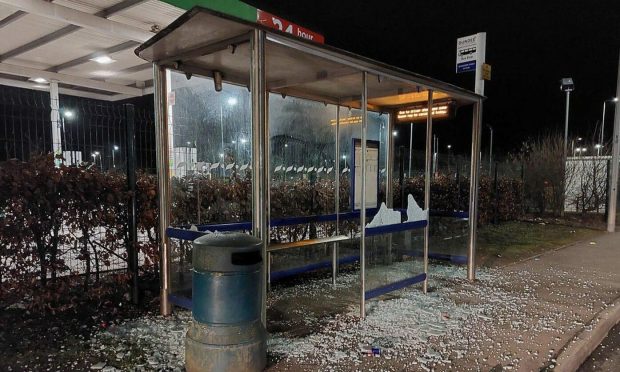
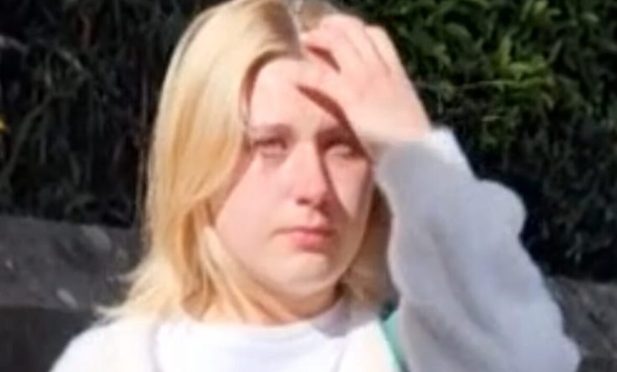
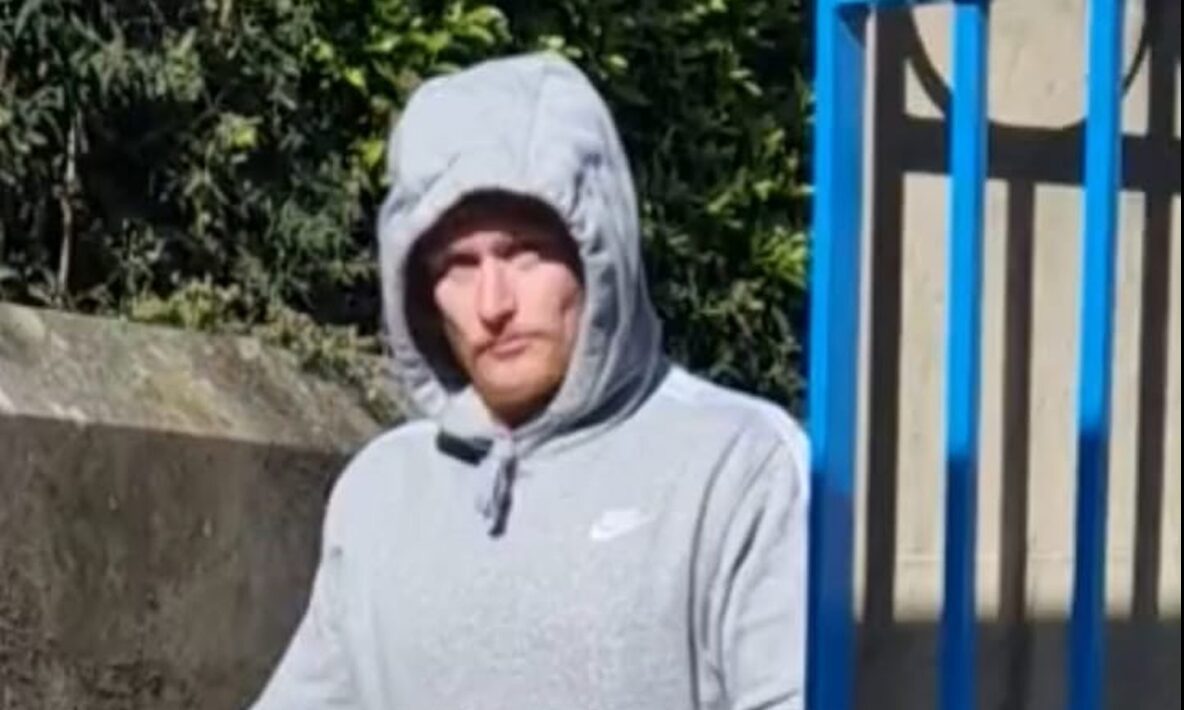
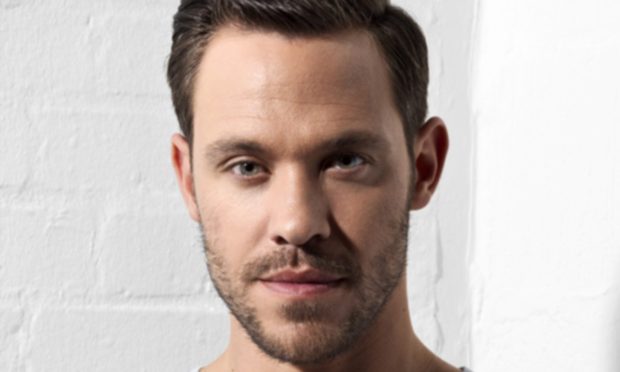
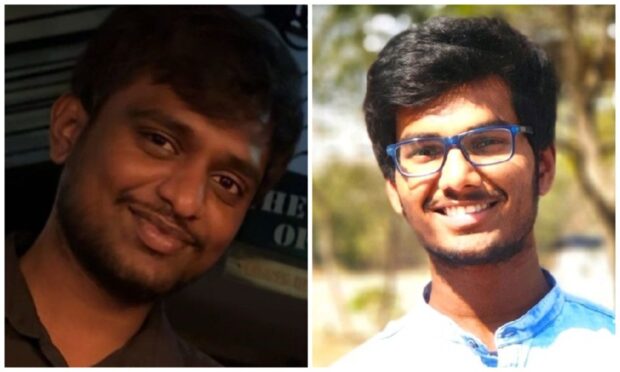
Conversation